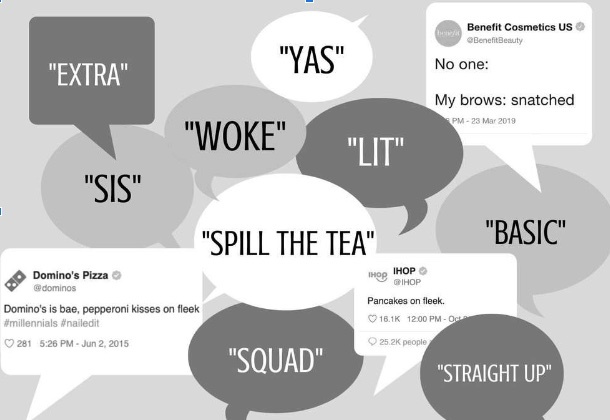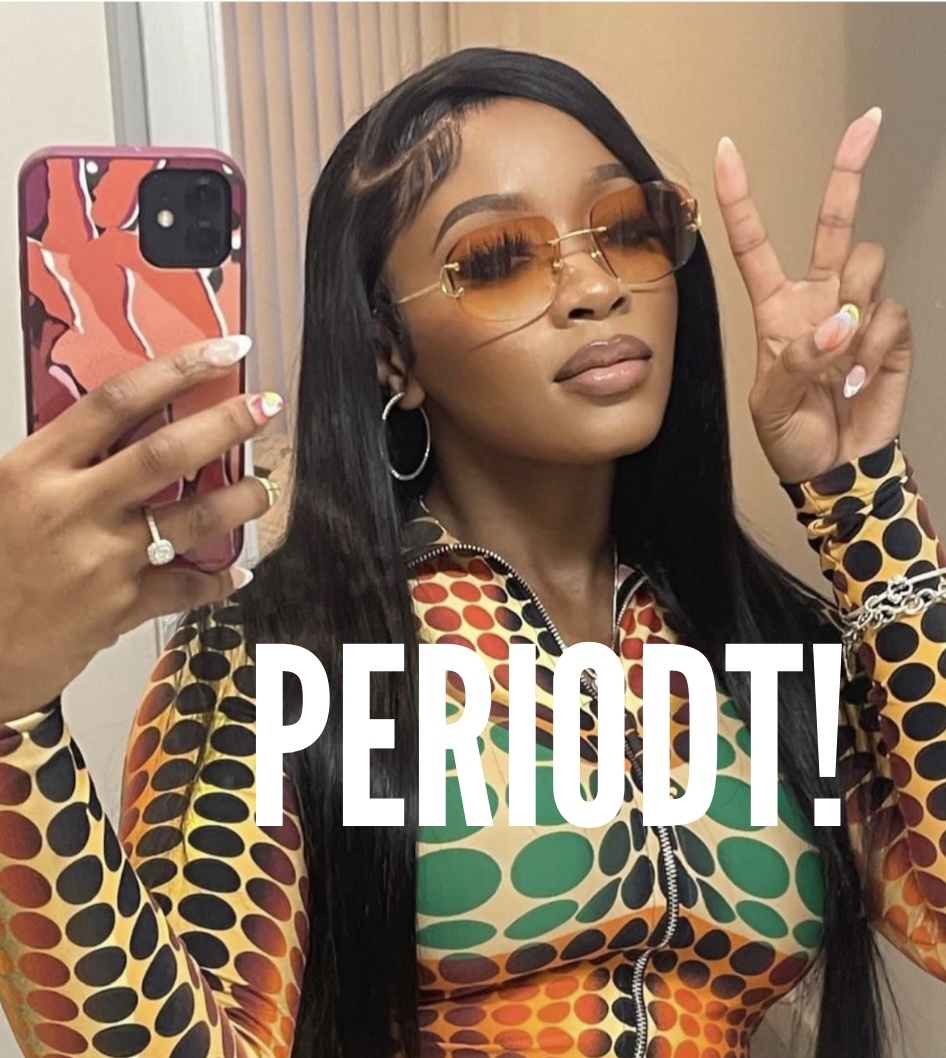It’s your good girlfriend, “TJ Talks” back again. To close out Black History Month, I felt it necessary to highlight a form of communication that has infiltrated classrooms, boardrooms, music, daytime television, suburban households, and cities across the globe; African American Vernacular English, formally known as “Ebonics.” In layman’s terms, it’s simply the way that black folks communicate with one another.
According to the linguistic society, the term Ebonics was created in 1973 by a group of black scholars who disliked the negative connotations of terms like Nonstandard Negro English. In the past, Ebonics was also regarded as a derogatory form of speech frowned upon by our white counterparts.
Let’s take a moment and dissect this. During slavery, we were torn away from our native land and stripped of our native tongues, both literally and figuratively forced to speak the queen’s English, a language we didn’t even understand. So what did we do? We made it our own. Slaves would mix English words with words from their own language or give English words new meanings to communicate with one another more effectively. The new words became known as “slang,” and a new tactic called “code-switching” emerged. Code-switching is the practice of alternating between two or more languages or varieties of language in conversation.

Fast forward to 2023, specifically due to the popularity of Hip Hop music and
culture, the world has embraced our non-standard Negro English and deemed it an official form of the English language known correctly as AAVE (African American Vernacular English). What is the difference between English and AAVE, you ask? Context and connotation.
For example, the word “bad.” According to the English dictionary, the term bad is defined as of poor quality or a low standard, not such as to be hoped for or desired, unpleasant or unwelcome. Now, depending on the context, connotation, idea, or feeling the word invokes, it can also mean many other things. For example, if someone walks up to you and says, “ok, those shoes are bad!” Depending on how they stressed the word “bad,” more than likely, sister girl gave you the ultimate compliment. I love this so much for us. I love how we can take everything meant to demean and degrade us and turn it into something great. I love how we can speak to each other in ways that, most of the time, only we can understand. Periodt!


Today, while talking to my home girl about the 27th argument my man friend and I had this week, she told me, “if you like it, I love it, sis!” I knew at that moment that she, in fact, hated it and wanted better for me but didn’t want to waste her breath giving me the same advice that I wasn’t going to act on.
Last Saturday, after leaving the beauty shop, I walked into the Dollar Store to grab my snacks, and from two aisles over, I heard a woman yell, “OK hair,” and I knew without a doubt that I looked good with my fresh 22 inches Peruvian Curl install. So I walked out, snacks in hand, head held high because my good sis confirmed what I already knew.
When I argue with my sister, and she hits me with “at the end of the
day,” I know that she doesn’t care about anything I said prior, and she’s about to bring her point home and end the conversation. These are all things I know and understand because, like most of my skin folks, I’m not new to this; I grew to this.
Happy Black History Month, everyone! I hope each of you learned a fun or exciting fact this month, and if you didn’t, I’ll leave you with this: If a black person tells you, “You picked the right one today!” You, in fact, DID NOT pick the right one today!
Love and light from your good girlfriend, TJ.






